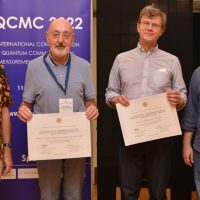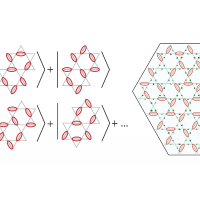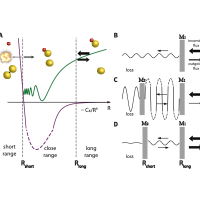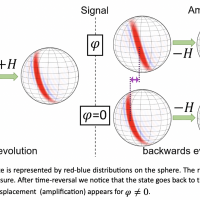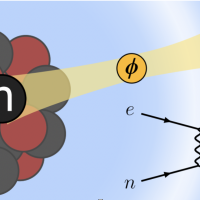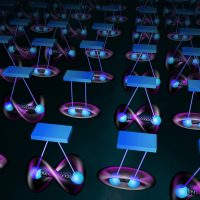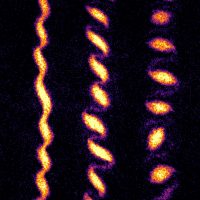News
Mon June 6, 2022
Researchers document presence of quantum spin liquids, an elusive state of matter never seen before
News type:
Wed March 9, 2022
Physicists steer chemical reactions by magnetic fields and quantum interference
News type:
Thu February 3, 2022
Searching for dark matter by probing an ultranarrow optical transition in Ytterbium
News type:
Wed January 12, 2022
Physicists watch as ultracold atoms form a crystal of quantum tornadoes
News type:
